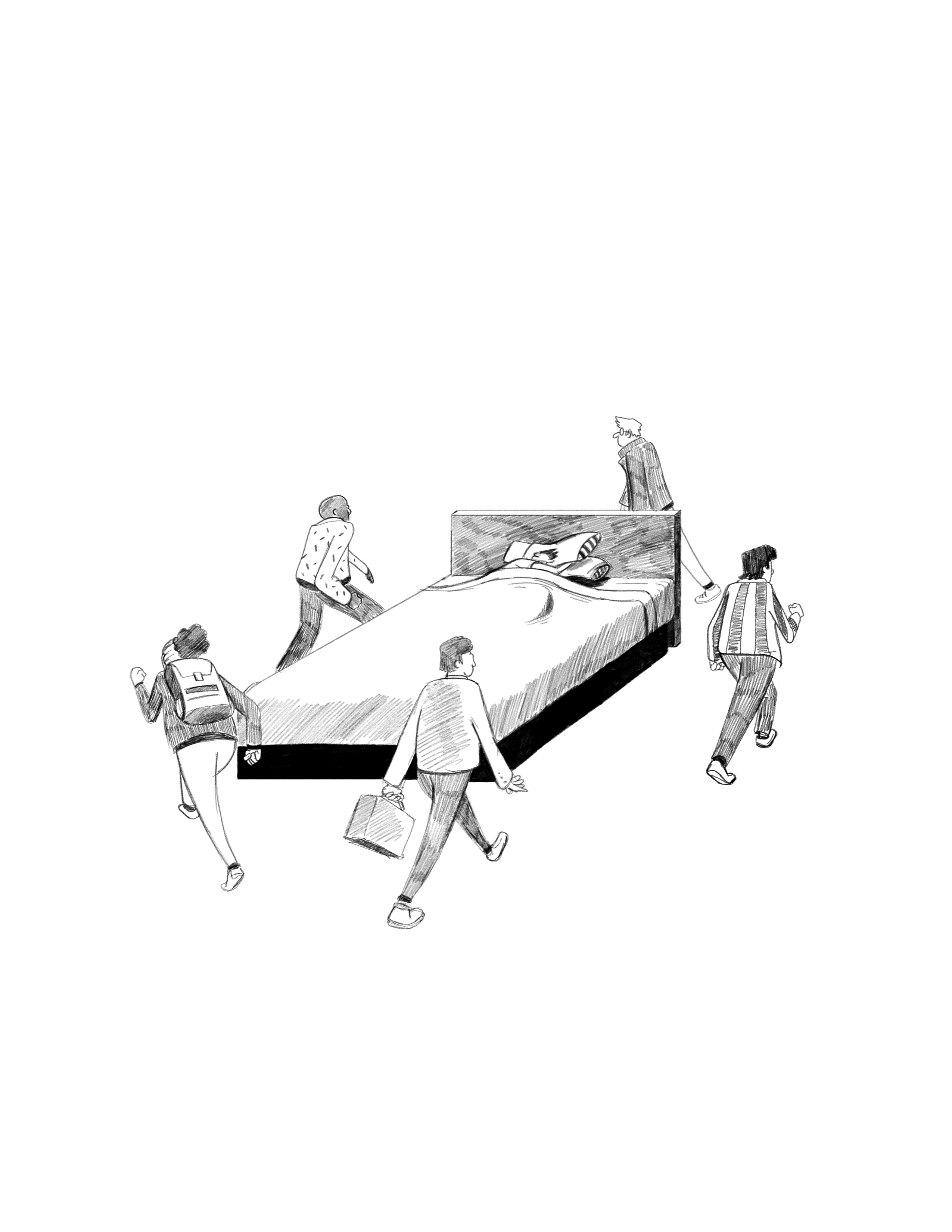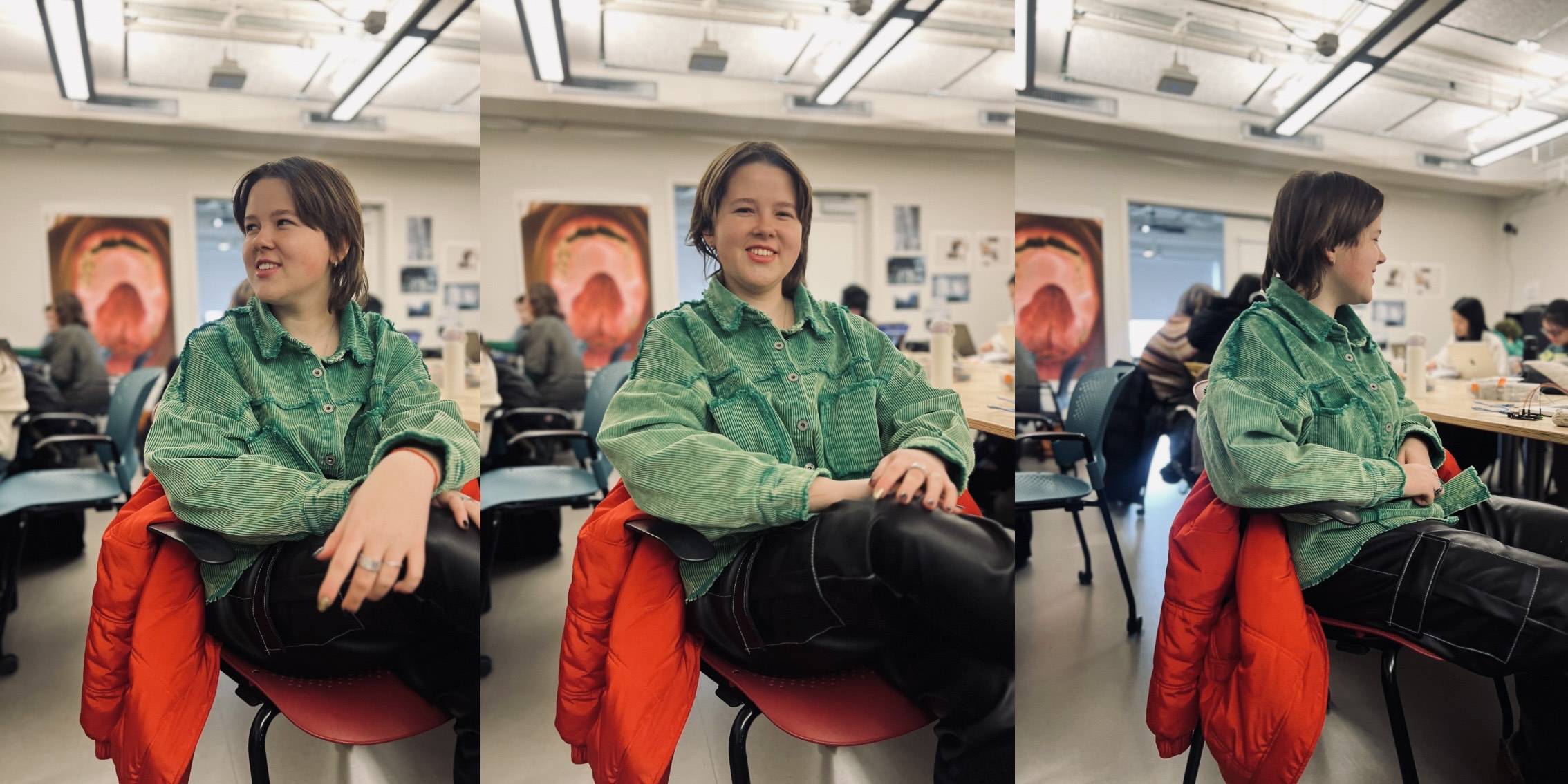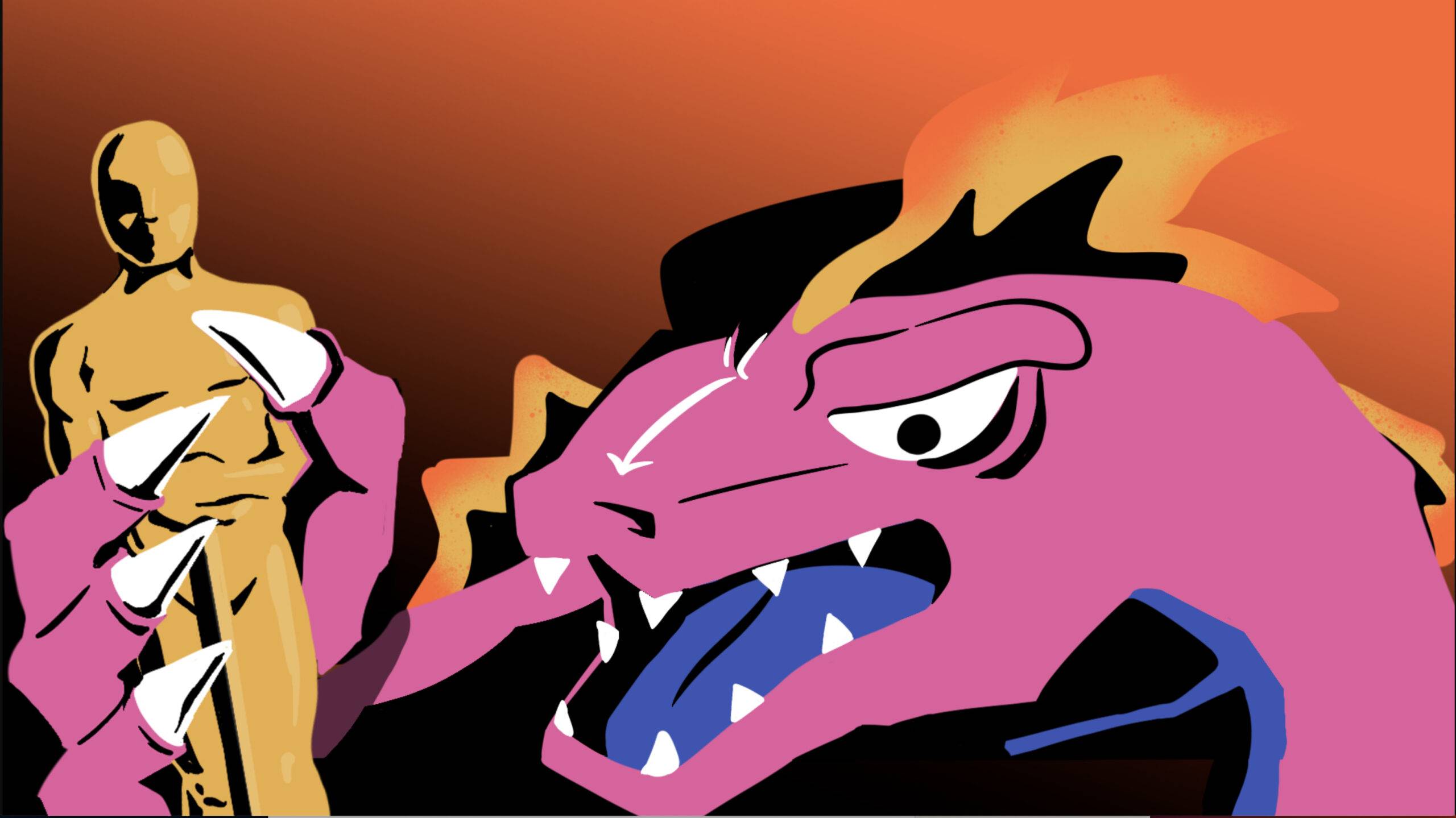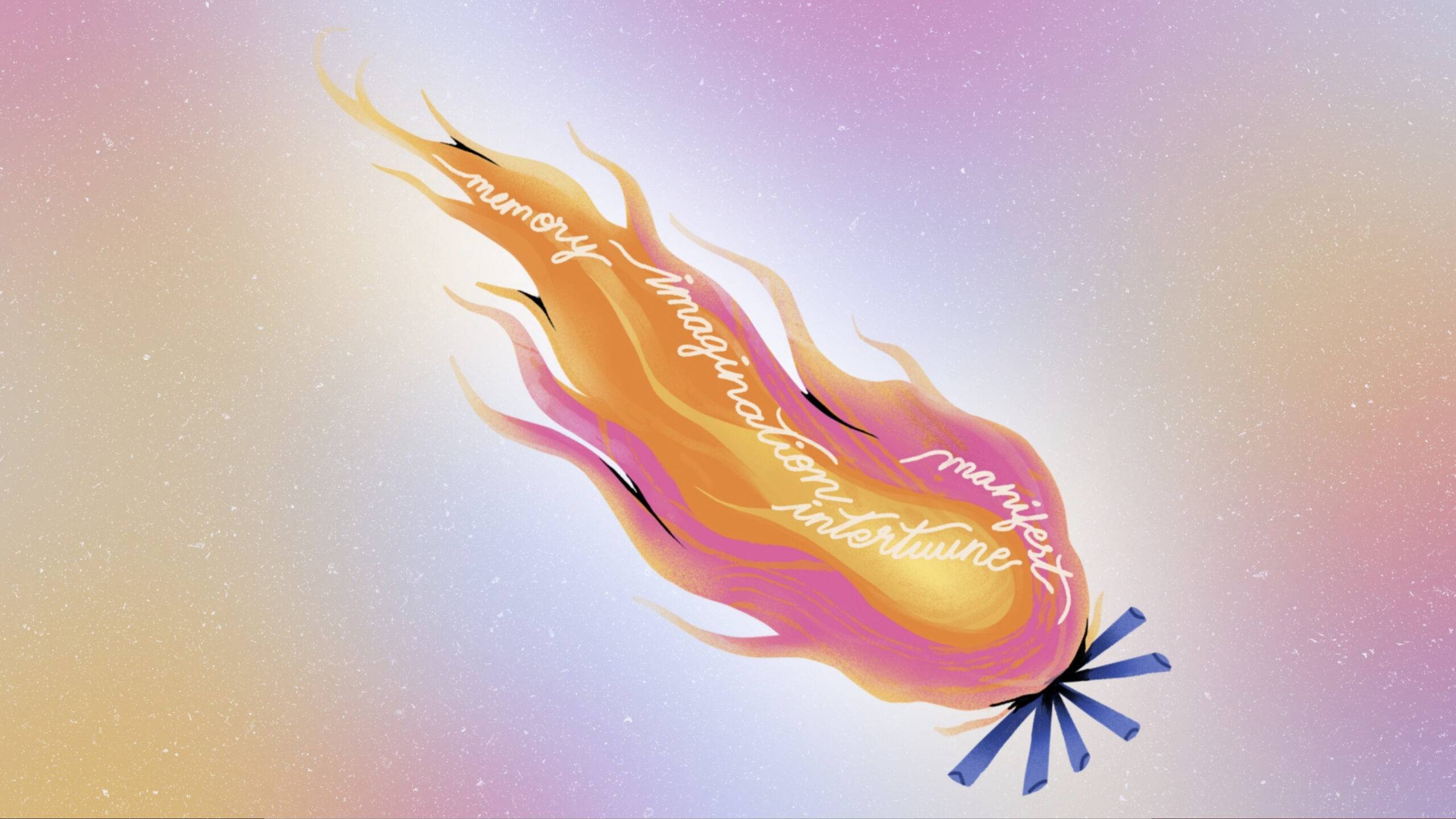The School of the Art Institute (SAIC) is a community. It’s small, made up of intelligent, creative minds with the privilege of resources at our disposal. While it might seem that everything one needs lies within our academic incubator, SAIC is part of the larger Chicago community and we need to honor that. How can we, as a small community, reach out to the larger community beyond the walls of our ivory tower?
Through connection to both one another existing both within an art school context and outside of it, we can build power through art. As writer, organizer, educator and spoken word artist adrienne maree brown says in her blog “We must stand/be next to each other and share the risk and effort of stepping/moving out of the status quo towards liberation.”
What does “stepping/moving out of” the status quo look like? It means envisioning and creating a world where people of all colors, genders, sexualities, religions, classes, abilities and ages are safe and can thrive, where the people that have been pushed to the margins are centered, where our environment is respected, where restorative justice is utilized over retributive justice, where peace is valued more than war, where free speech and not hate speech flourishes.
The pace at which things are occurring can be paralyzing. It seems we are being bombarded every minute with a new horrifying story in this country under the current administration. It can often feel like we are living in the dystopian worlds our favorite authors crafted years ago.
Self-care is important. We can’t enact meaningful change if we are not taking care of ourselves in a sustainable way. There are many ways one can practice self-care, from logging out of social media for a day, to finding someone to process the weight of the world with you, to listening to your favorite empowering song twenty times, to meditating, to simply saying “no” to that extra thing asked of you and resting instead. Self-care looks different for everyone. Once we feel healthy and sound enough to engage, we need to remember that self-care is not the same as inaction and complete detachment. Self-care is a tool to sustain one’s self, not to disengage. It is a tool in order to remain present while being able to look both into the future and the past.
When looking into the past one should look for negative patterns to avoid and positive patterns to learn from. We know what happens when tyranny is appeased. We also know what happens when tyranny is effectively opposed. We have seen powerful resistance to tyranny across the globe from the grassroots driven Arab Spring in 2010 across the Middle East and North Africa ousting dictators, often U.S. supported, to the Chicago Black youth led #ByeAnita campaign toppling the eight-year reign of State Attorney Anita Alvarez, notorious for the cover up of the police killing of Laquan McDonald among other things.
In both of these particular movements and in all movements, art has always played an integral role. In countries across the Middle East and North Africa art — from graffiti to photography to performance — was a foundation of the Arab Spring. In Chicago, from banners to zines, groups such as For The People Artists Collective, “a network of Black artists & artists of color who wish to produce radical artwork for our communities and movements,” influenced Chicago’s public consciousness and the ballots with the voting out of Anita Alvarez.
Along with the past we must look at the future as we want to be creating a future world we want to live in. And so the question becomes, what can you do? How can you get involved?
Getting involved can look different for different people. For some, it is showing up at protests, getting involved with civil disobedience — putting their bodies on the line to defend either those with less privilege or, as we see more often, to ultimately defend themselves and their people. If you can physically and emotionally do this, you should. But there are also other ways. Remember, we are artists and have the power to influence the values of society. Right now our society’s values are completely unbalanced — but we can help level them out. Maybe that looks like protest performance art in front of white supremacist statues, maybe even tearing down one or two or projecting text onto Trump property or creating massive puppets of important, overlooked figures or elevating and empowering the voices of those that are often forgotten and misrepresented.
The options are limitless. You can start something on your own, buddy up or create a collective. You can join or support one of the countless groups, organizations and galleries all over Chicago combining art and activism such as For The People Artists Collective, The Chicago Light Brigade, A Long Walk Home, Plus Gallery, Circa Pintig, Arts of Life, Kartemquin Films and many more.
As James Baldwin says while discussing his decision to return from the relative comfort of Paris back to the world of heightened racism in 1960’s United States — more specifically Harlem, New York — “Everybody else was paying their dues, and it was time I went home and paid mine. Part of my responsibility as a witness was to move as largely and as freely as possible to write the story and to get it out.” As artists we are all witnesses and it is time for us to tell the stories that need to be told and pay our dues to our communities.






















